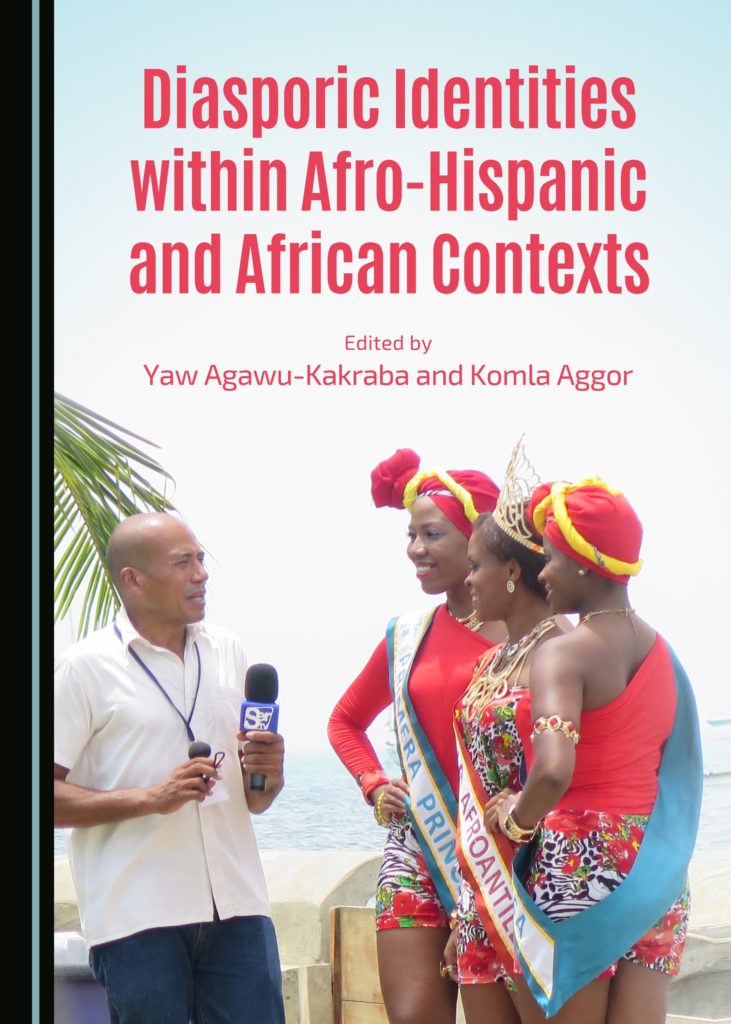Books
Creative Literature
Released on Juneteenth!
The Restless Crucible
The Restless Crucible narrates the story of Pedro de Barbosa, a Brazilian ex-slave now turned slave merchant, who must go up against Queen Ena Sunu, the powerful Dahomeyan monarch resolved to end slave traffic in her kingdom.
Set in late 18th- and early 19th-Century Salvador da Bahia, Brazil, and Dahomey on the West African coast, the novel describes Pedro de Barbosa’s fight to become free in the Brazil of his time, as well as the events and actions that lead him to engage in the abominable yet lucrative slave trade. At the heart of this trajectory are the conditions that condemn an individual to poverty, discrimination, and humiliation because of skin color. The project to insulate himself from these injustices leads to a confrontation with the Dahomeyan Queen Ena Sunu, whose personal story of forced marriage to the Dahomeyan King, and the negation of her agency as a female in this tradition-bound society brings an uncomfortable identification with the enemy and the need to protect her society from both local and foreign predators. Queen Ena Sunu’s misgivings are confirmed when her husband, along with the Portuguese Governor and the king of Ouidah, deposes her father and sells him and his royal family into bondage. Queen Ena Sunu resolves to thwart the slave business in Dahomey and Ouidah, bringing up a long-delayed confrontation with Pedro de Barbosa

Academic Books

Diasporic Identities within Afro-Hispanic and African Contexts explores the complexities underlying the identity formation of peoples of African ancestry in the Spanish-speaking world and of expatriate immigrants who inhabit colonized territories in Africa. Although current diaspora studies provide provocative perspectives on migration that have various cultural, national, political and economic implications, any engagement of the subject readily runs into theoretical and practical challenges. At stake here is the question of finding an ideal conceptualization of diaspora. Should the term be limited to migration that is purely voluntary or to a traumatic exile? What about generational differences that, invariably, impact the imagining of diaspora? How does diaspora relate to creolization, hybridity and transculturation? This volume does not argue for what constitutes a proper diaspora, but rather re-contextualizes the concept of diaspora from the point of view of identity formation on the basis of voluntary and non-voluntary migration. The essays gathered together here engage with the unified topic of identity, but radiate a stimulating variety in geographic coverage – examining countries such as Cuba, Nicaragua, Morocco, Angola, and Spain – and in thematic approach – from religion to a poetics of self-affirmation to issues of political conflict, subalternity and migration.

African, Lusophone, and Afro-Hispanic Cultural Dialogue is a collection of essays of broad historical and geographic scope that advances analytical perspectives regarding a highly transcultural and changing African continent enmeshed in the vestiges of slavery and colonialism and the complex dynamics of post-colonialism. Mostly grounded in literary studies, the essays discuss the interconnections between Africa and its Lusophone and Afro-Hispanic diaspora. Particular focus is given to how they relate to the politics of identity and assimilation, migration and displacement, the concept of “nation”, Eurocentrism and racial essentialisms, as well as Black aesthetics.


Demythification in the Fiction of Miguel Delibes offers a comprehensive examination of Miguel Delibes as a social critic who subtly questions, decenters, and demythifies the Francoist mythical values of a society in search of its essence, projected in the Nationalists’ myth of heroism and the Crusade, the myth of detachment, stoicism, integration, and the myth of progress. This book seeks to demonstrate that the Franco government, like any totalitarian regime, appropriated myth as a tool for the dissemination of its ideology. This study is of unique importance because, unlike Goytisolo, Torrente Ballester, Martin-Santos, and Benet, who have been identified as demythifiers, no study has examined Delibes’ fiction from the point of view of demythification.
